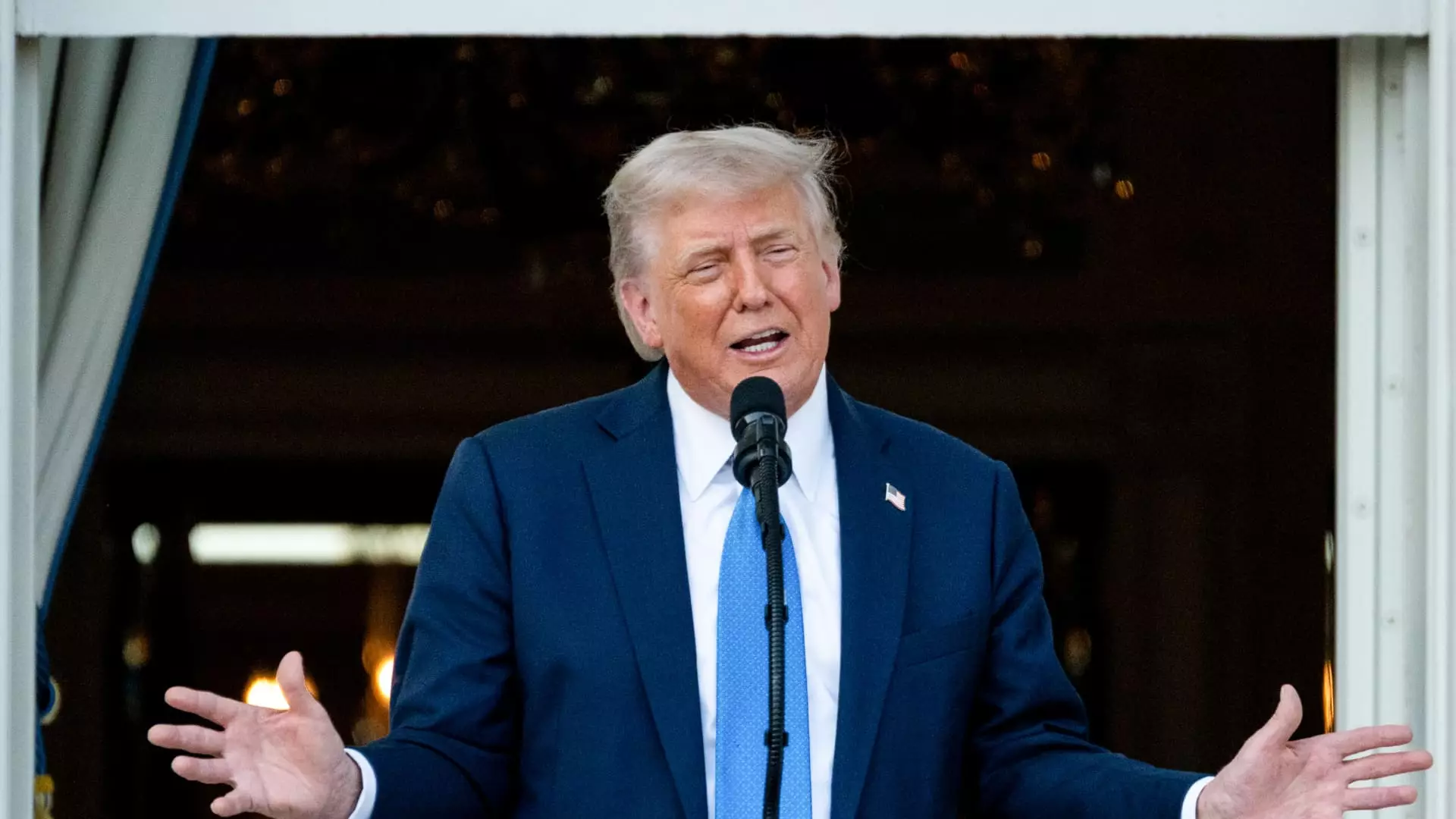In a significant shift in U.S. immigration policy, the Trump administration recently announced a travel proclamation targeting citizens from 12 specific countries. Among those affected are Afghanistan, Iran, and Somalia, where the administration claims insufficient vetting poses potential security risks. This directive claims to bolster national security by restricting entry to individuals from these nations, portraying it as a necessary measure to thwart terrorism. However, one must critically evaluate whether these restrictions serve as a genuine security enhancement or if they are fundamentally rooted in xenophobia and prejudice.
Assessing the Rationale: Are We Safer?
The proclamation outlines that concerns over information-sharing, visa overstay rates, and the presence of terrorists were key factors in this decision. However, it raises a vital question: do these measures genuinely increase safety for American citizens? The last travel ban, originating in early 2017, had similar justifications but sparked widespread protests and legal challenges. Critics argue that the correlation between the pandemic of terrorism and the travel restrictions is tenuous at best. Drawing blanket conclusions about entire nations based on isolated incidents only fuels fear and fosters a culture of exclusion that undermines the values of a diverse society.
Political Responses: A Divided Landscape
Responses to this proclamation reveal a stark division along political lines. Democratic lawmakers have voiced their disdain, highlighting that such policies are deeply rooted in discrimination, arguing, “Make no mistake: Trump’s latest travel ban will NOT make America safer.” This powerful assertion underscores a vital aspect of modern American politics: the contention surrounding immigration and its implications on national identity. While the Trump administration claims to secure the homeland, opposition voices remind us of the fundamental rights and moral obligations that come with being a nation built on immigration.
Historical Context: A Repeated Pattern of Tension
Comparisons with past implementations of travel bans are unavoidable. The fact that such bans have been upheld by the Supreme Court, despite bipartisan criticism, suggests a troubling precedent in aligning national security with exclusionary practices. Such decisions may seem expedient politically but often reflect a broader trend of scapegoating vulnerable populations to rally support. The cyclical nature of these policies calls into question the long-term implications for America’s global image and its commitment to humanitarian values.
Exemptions and their Implications
Interestingly, while the travel ban is sweeping, it does allow exceptions for certain travelers, including permanent residents and athletes attending major sporting events. This nuanced approach begs for scrutiny. Are the exceptions a mere attempt at public relations, highlighting a willingness to embrace some individuals while alienating others based solely on their nationality? It suggests a hierarchy of worthiness based on circumstances rather than humanity, which complicates the narrative surrounding the proclamation.
This newest chapter in America’s immigration saga begs for introspection and rigorous dialogue. The balancing act of national security and ethical responsibility is delicate, and as we navigate these turbulent waters, one must ask – do we wish to safeguard our borders or our ideals?


Leave a Reply